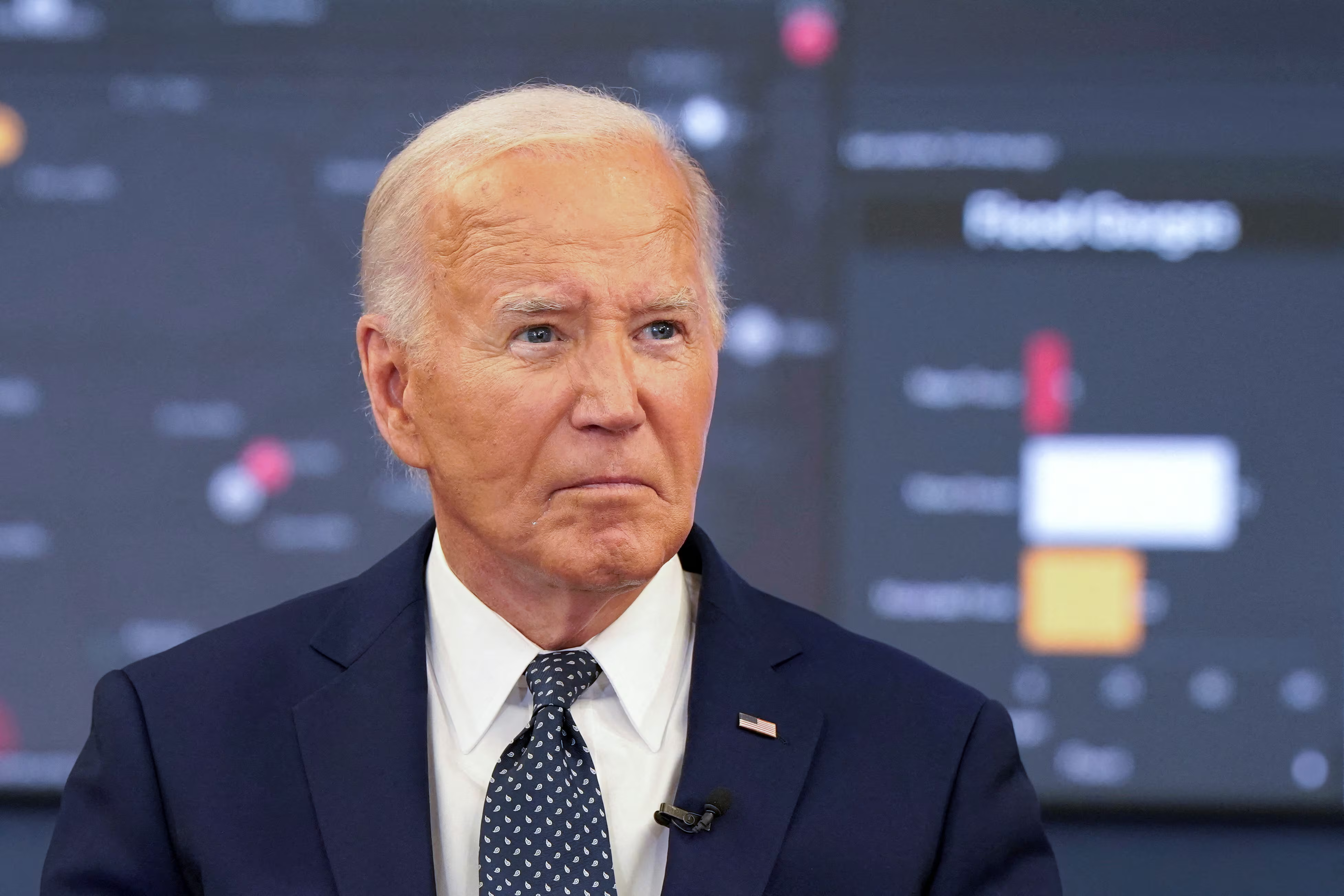By: Michael Sol Warren
Statehouse Correspondant / South Coast Today
Question 4’s potential impact on traffic safety in Massachusetts has been central to the legalization debate. But SouthCoast police departments are not planning to make any policy changes just yet.
“As far as having a plan in place, I can’t think of doing anything more than we’re already doing,” said Fairhaven police Sgt. Kevin Kobza.
“We have seen in Washington state the number of drugged driving crashes and deaths double one year after legalization,” said Corey Welford, a spokesman for the No on 4 campaign.
The No on 4 campaign has stressed this argument throughout the run up to the election, including the use of a web video featuring Reisa Clardy, the widow of state trooper Thomas Clardy, speaking about her husband’s death. Clardy was killed in March when a medical marijuana patient crashed into his cruiser on the Massachusetts Turnpike.
The “Yes on 4” campaign calls that argument a scare tactic.
“There have been no increases in OUI marijuana arrests, crashes or fatalities in any of the four legal states, nor in any of the 25 states with medical marijuana, nor in the 16 states that have decriminalized marijuana,” Jim Borghesani, the communications director of the Yes on 4 campaign, said in an email.
New Bedford police said that they will patrol for drugged drivers the same way they patrol for drunken drivers.
“If you’re impaired, there’s a good chance you’re going to get charged.” Lt. Amos Melo said. “More than likely they’re going to get into an accident, or we’re going to get a call that somebody’s weaving in and out of traffic. That’s how we’re going to find them.”
Fall River police Lt. Paul Santos said that because driving while high already violates the state’s operating under the influence laws, there is no reason to change strategies.
“We don’t look at it as high driving,” Santos said. “It is operating under the influence. And that encompasses anything.”
Mattapoisett police are not in a hurry to changing their traffic enforcement strategies either.
“We’ll just follow the current laws that exist for driving impaired or driving under the influence of drugs,” Chief Mary Lyons said. “Really all we can do at this point is follow the laws that already exist.”
Welford said that one of the No on 4 campaign’s main concerns was the lack of marijuana-specific roadside tests and marijuana breathalyzers.
“[That] is a huge, huge issue in terms of trying to keep our families safe on the roads,” Welford said.
“It’s true that there is no, as we have for alcohol, breathalyzer test, but people are found guilty even without taking the breathalyzer test all the time,” Santos said. “It isn’t like you have to have that sort of test available.”
Kobza said that the lack of a marijuana breathalyzer that would allow for quick drug testing makes drug-related OUI cases harder to prosecute.
“Proving a case in court for OUI drugs is difficult without blood work,” he said.
“Even then, I’m not sure how conclusive it is. Those cases are very difficult to prove.”
Melo said that the lack of a marijuana specific roadside test or breathalyzer might make getting a conviction harder, but that won’t deter police from making traffic stops.
“Probable cause is probable cause,” Melo said. “If you’re unsteady, or you can’t stand on your own, or you’re all over the place with questions, or you can’t pass a field sobriety test then I’m going to have enough probable cause to arrest you.”
“It’s just a matter of time before those are out of the pilot program and available to police officers,” Lyons said.
The Middleboro Police Department has one drug recognition expert, police Sgt. Deb Batista, who sometimes works with other departments in the region for serious cases.
They’re always available to us. We can always reach out to them in cases with an accident or a really serious stop,” Kobza said. “They’re always willing to help.”
Melo said that New Bedford police are not planning on adding a drug recognition expert.
“Once we know that this might be an issue, if we feel that we need additional training, obviously we will set up some additional training,” Melo said. “But I don’t think they’re going to need it.”





